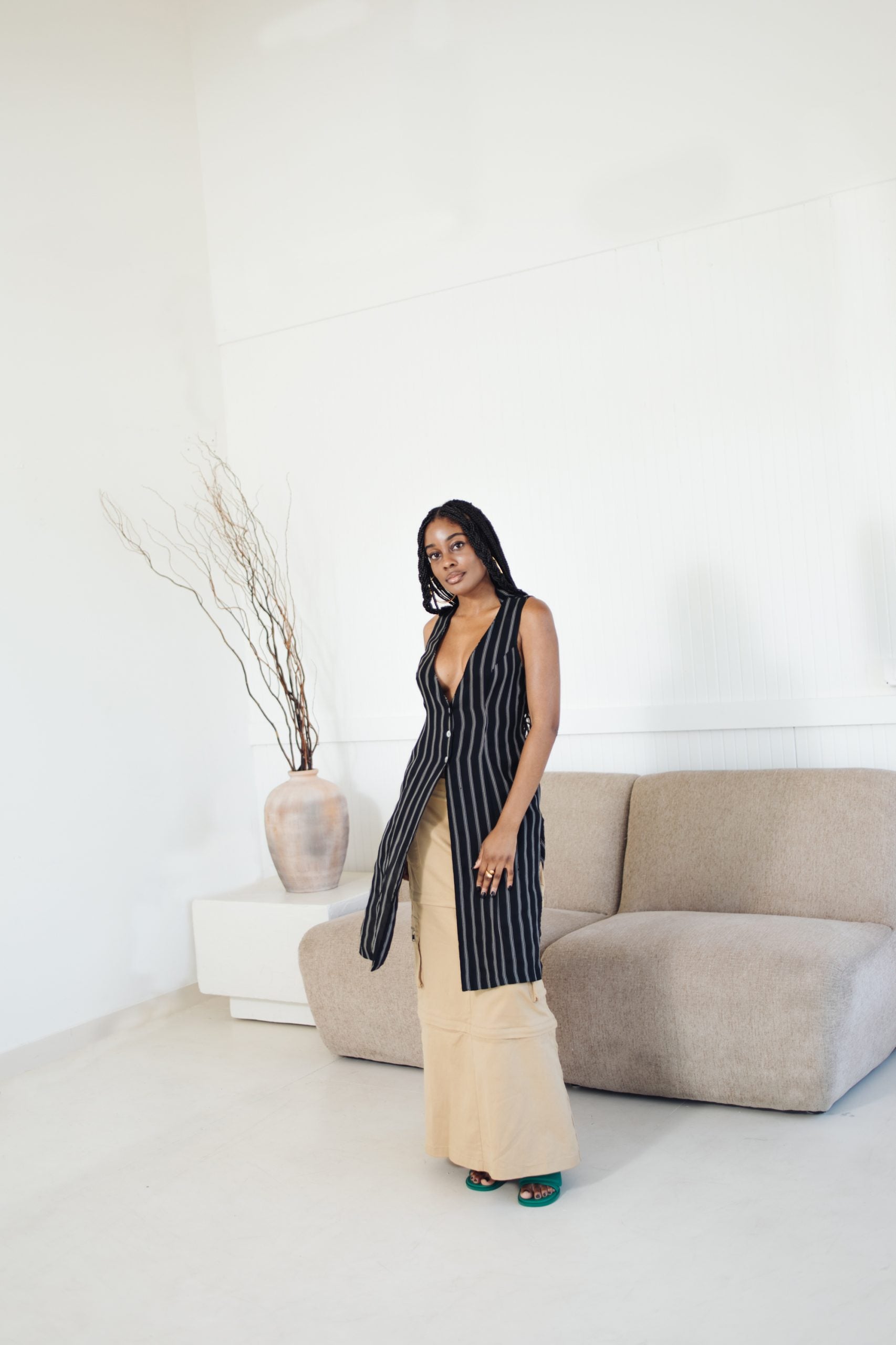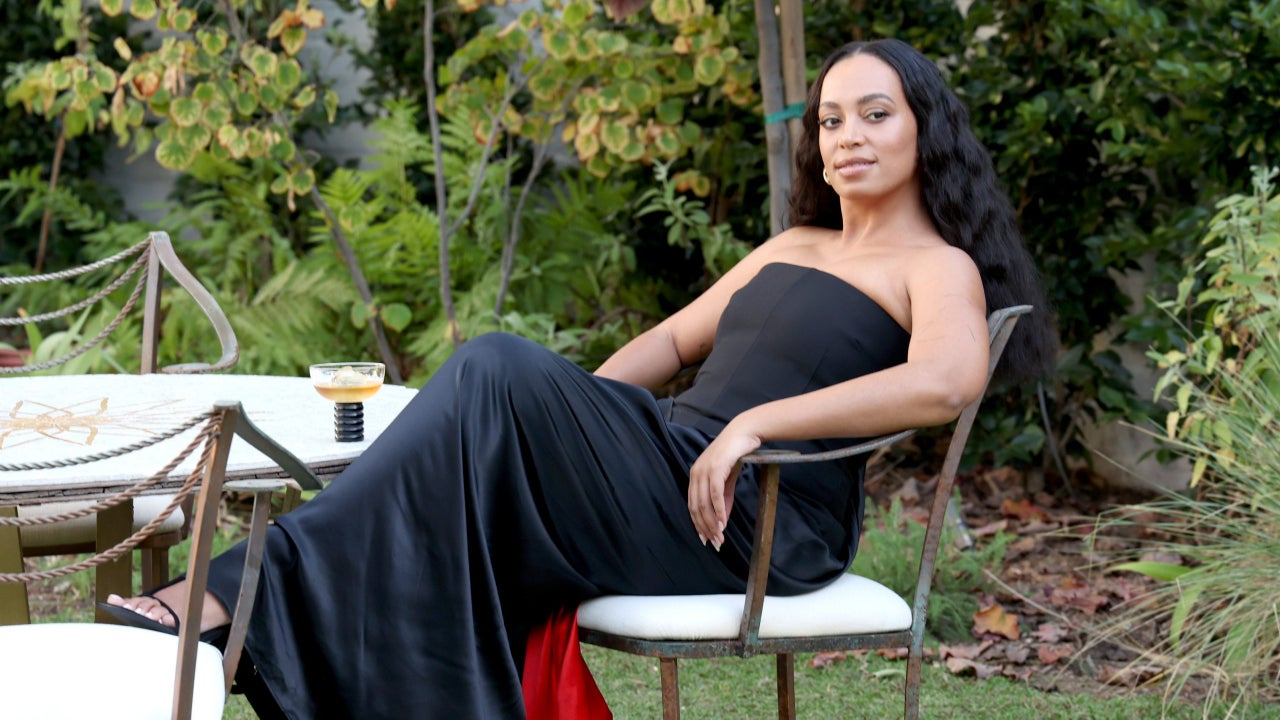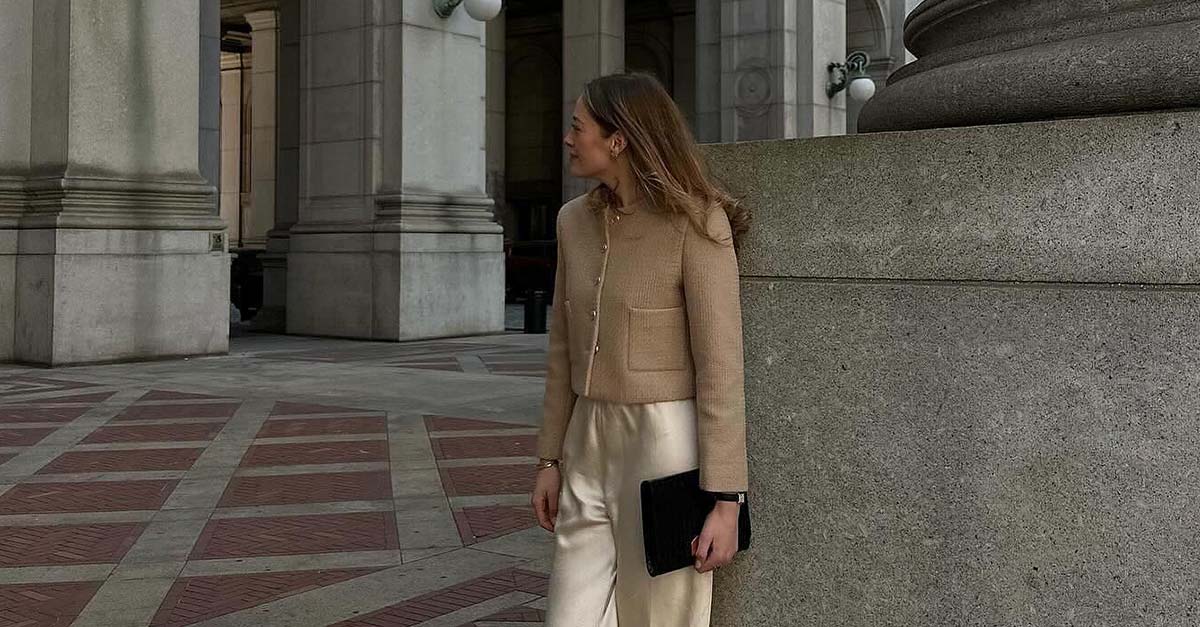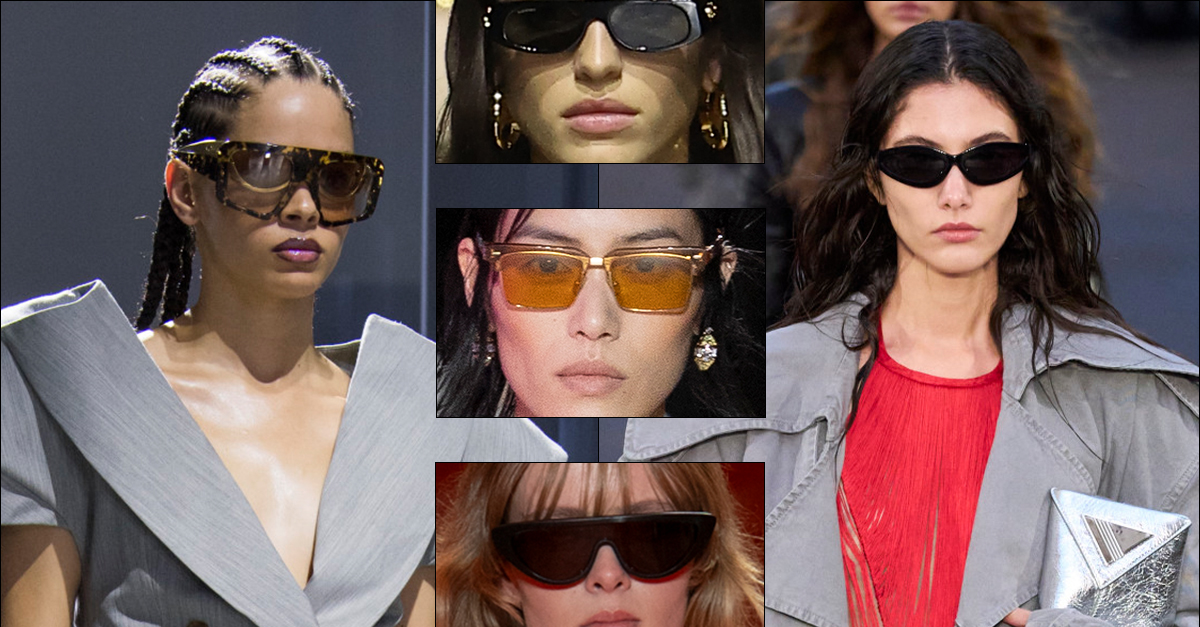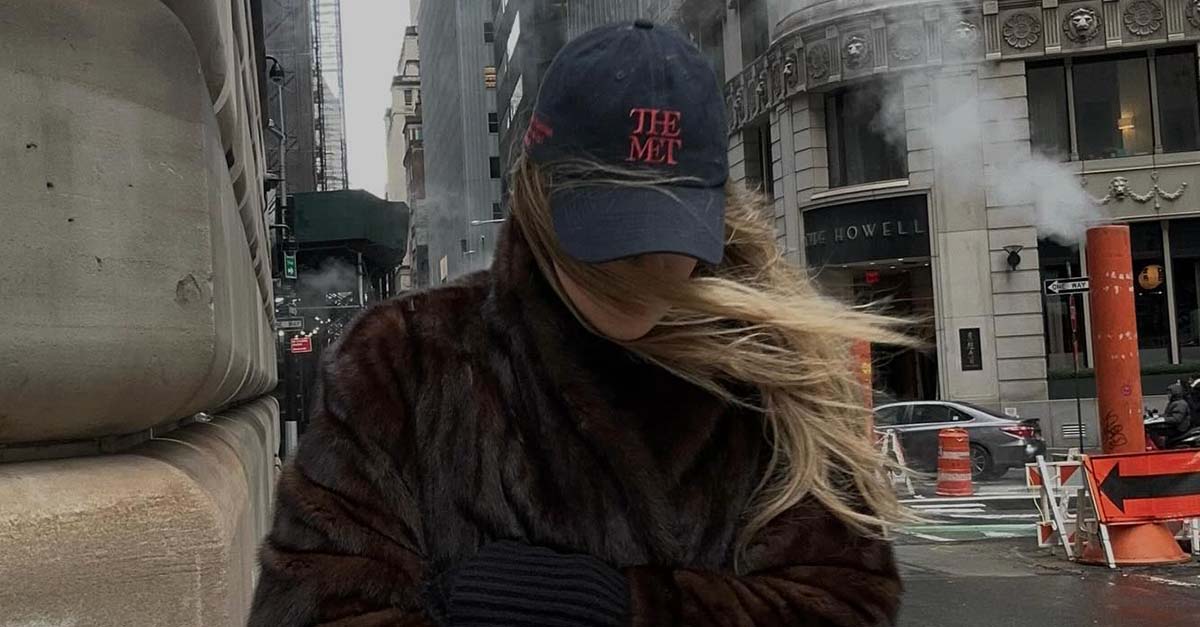
Jacquelyn Ogorchukwu Iyamah is here to remind us that creativity and liberatory thinking work best in unison. “The misconception that these have to be separate couldn’t be further from the truth,” the Nigerian-American entrepreneur tells ESSENCE. “And being able to merge these different parts of myself allows me to feel whole.”
The France-raised, Oakland-based creative does so via an e-learning platform that helps people unlearn internalized racism. She also creates graphics that hold space for people who experience racism. Moreover, Iyamah has an online shop where you can find homegoods that help stimulate liberatory thinking. And today, she’s releasing her second book, Racial Wellness: A Guide to Liberatory Healing For Black, Indigenous, and People of Color.
Iyamah felt compelled to author this book due to noticing a glaring absence of mental health resources for people who’ve experienced the profound trauma of racism. “The wellness industry has spent a lot of time understanding how to help people who experience other forms of trauma,” says Iyamah, who studied social science and design in school. “My hope is that Racial Wellness can help change the wellness landscape by providing a revolutionary paradigm of care.”
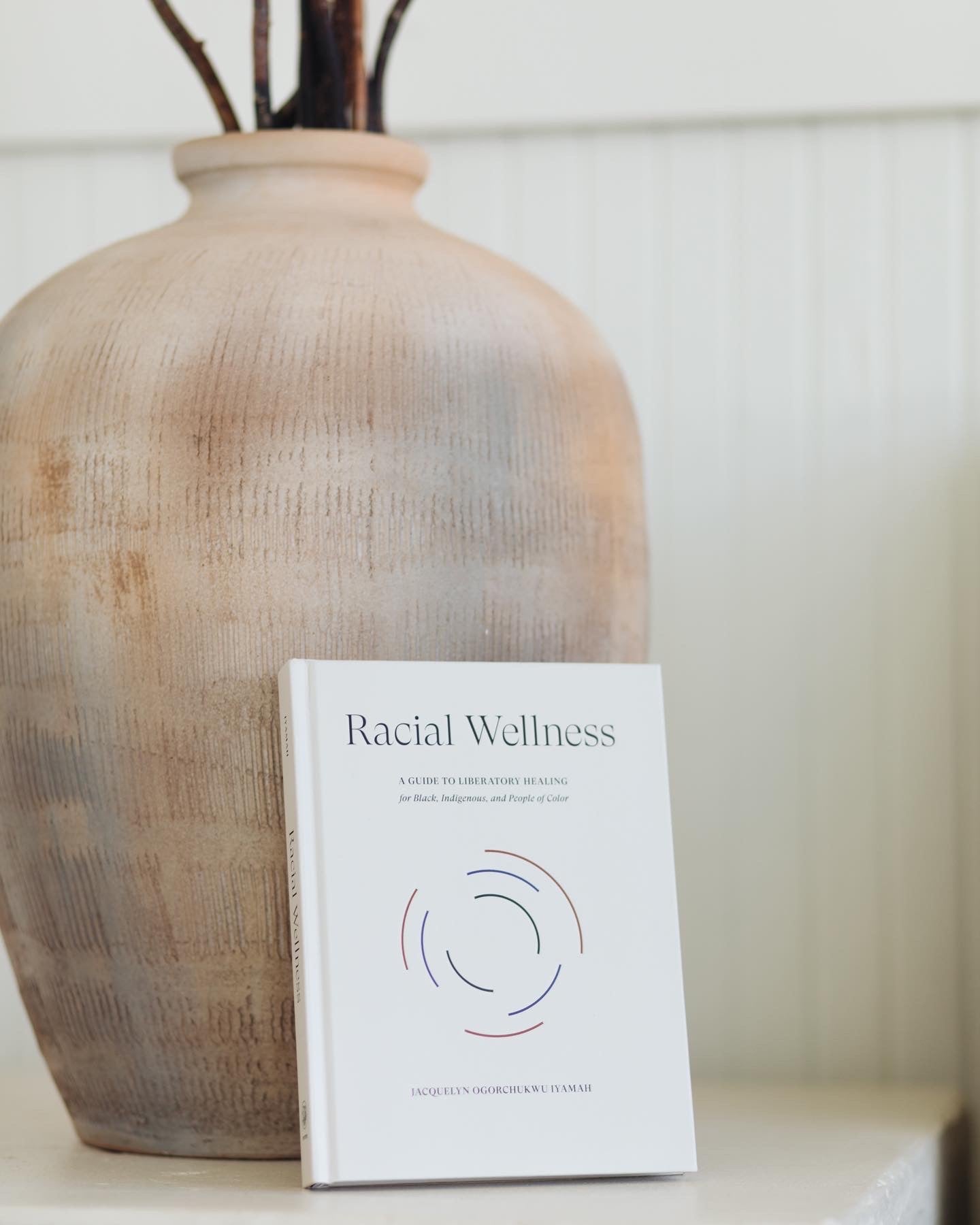
That said, the book delves into topics such as racial gaslighting, fear, microaggressions, and more. “It also provides readers with guidance on how to heal on individual, interpersonal, and institutional levels,” she says. “In a society that lacks a nuanced understanding of racism and its impact, it’s incredibly helpful for Black, indigenous, and people of color to have a clear idea of the different forms of racism.”
Amidst the incredible work she does, Imayah stays grounded by listening to jazz, afrobeats, and soul music. She also loves dancing, making tea, daydreaming, frolicking in nature, journaling, and spending time with loved ones. And when it comes to her glowing skin, “inner and outer body practices,” as she says, do the trick. Her go-to supplements are turmeric, ginger, spirulina and flaxseed. Additionally, she says Maude is her favorite body wash. “After a shower, I apply lotion and then seal the moisture with argan oil. For my face, I stick to probiotic moisturizers and seal with vitamin-e oil.”
And beyond this and her new book, she’s looking forward to doing more liberatory-focused design work. “I’ve always been extremely interested in how our physical spaces can be used to facilitate healing and resistance from oppressive environments,” she says. Indeed, inspired by a James Baldwin quote that underpins her work, “the victim who is able to articulate the situation of the victim has ceased to be a victim: he or she has become a threat.” To that she adds, “when we have an understanding of the harm we experience, it makes it easier for us to identify, articulate, and resist it.”
